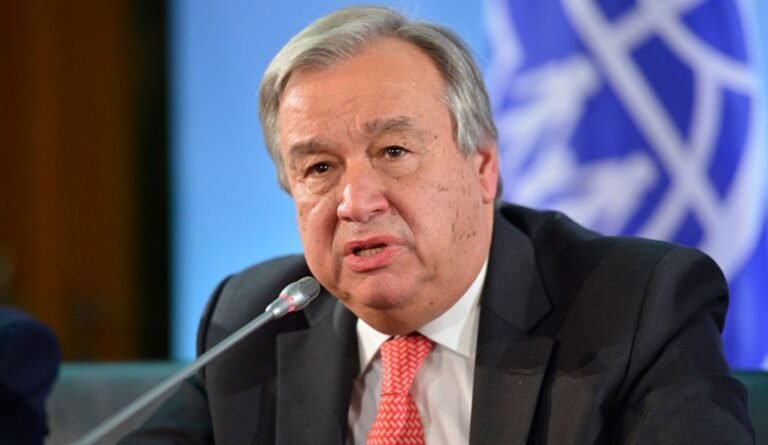Antonio Guterres has been a prominent figure on the international stage as the Secretary-General of the United Nations. Since taking office in January 2017, Guterres has focused on addressing some of the most pressing global issues, including conflict resolution, climate change, humanitarian crises, and the promotion of human rights. His leadership style is marked by a pragmatic approach aimed at fostering cooperation among member states while advocating for the vulnerable and marginalized.
Before becoming Secretary-General, Antonio Guterres served as the Prime Minister of Portugal from 1995 to 2002. His political career laid the groundwork for his later international roles, demonstrating his commitment to social justice and global diplomacy. Following his tenure as prime minister, Guterres was appointed the United Nations High Commissioner for Refugees (UNHCR) from 2005 to 2015. During this period, he managed some of the largest refugee crises in modern history, including those resulting from conflicts in Syria, Iraq, and Africa.
As UN High Commissioner for Refugees, Guterres was praised for his hands-on approach, often visiting refugee camps and war zones to better understand the conditions faced by displaced people. His experience in this role shaped his priorities as Secretary-General, emphasizing the need for international solidarity and coordinated humanitarian response. Under his leadership, the UN has worked to strengthen the global refugee framework and mobilize resources to assist millions affected by forced displacement.
One of Antonio Guterres’s major focuses has been climate change. He has consistently called for urgent global action to reduce carbon emissions and transition to sustainable energy sources. Recognizing the existential threat posed by climate change, Guterres has urged countries to honor their commitments under the Paris Agreement and increase ambitions to meet climate targets. His advocacy includes pushing for green recovery plans in the aftermath of the COVID-19 pandemic, highlighting the importance of sustainability in economic rebuilding.
Conflict resolution and peacekeeping remain central to Guterres’s agenda. He has worked to mediate tensions in various regions, including the Middle East, Africa, and Asia. His diplomatic efforts emphasize dialogue and negotiation, supporting UN peacekeeping missions designed to protect civilians and facilitate political solutions. Guterres has also addressed challenges within the UN system itself, advocating for reforms to improve efficiency and effectiveness in responding to crises.
Antonio Guterres has faced numerous challenges during his tenure, including navigating the complexities of great power rivalries, rising nationalism, and the impacts of the COVID-19 pandemic. Despite these obstacles, he has maintained a message of hope and collaboration, urging nations to come together to tackle shared problems. His calls for multilateralism emphasize the importance of international institutions in fostering peace, security, and sustainable development.
Human rights advocacy is another pillar of Guterres’s work. He has spoken out against violations worldwide, promoting respect for fundamental freedoms and the rule of law. Guterres has highlighted the plight of refugees, internally displaced persons, and minority groups, pushing for greater protection and inclusion. His leadership underscores the UN’s commitment to upholding human dignity and addressing inequalities that fuel instability.
Throughout his time as Secretary-General, Antonio Guterres has emphasized the interconnectedness of global challenges. He recognizes that issues such as poverty, conflict, climate change, and migration are intertwined and require comprehensive solutions. This holistic view guides his efforts to align the UN’s work with the Sustainable Development Goals, aiming to build a more peaceful, just, and resilient world.
Antonio Guterres continues to play a crucial role in shaping international responses to crises. His leadership reflects a deep understanding of the complexities facing the world today and a commitment to fostering cooperation among diverse actors. As the UN confronts evolving threats and opportunities, Guterres’s vision remains focused on unity, dialogue, and the pursuit of common good for all humanity.







